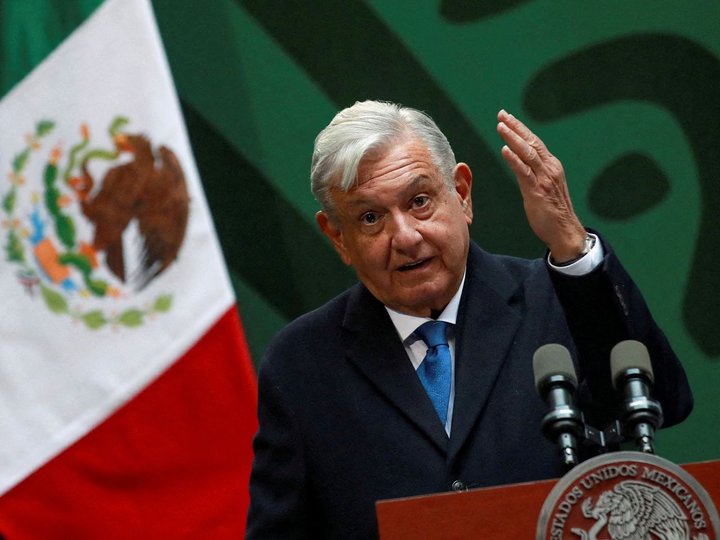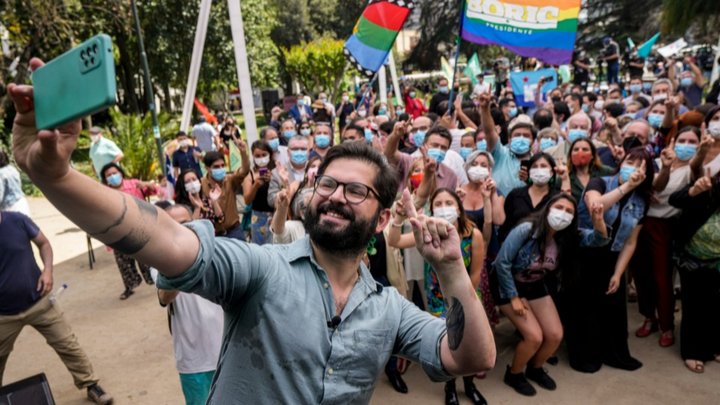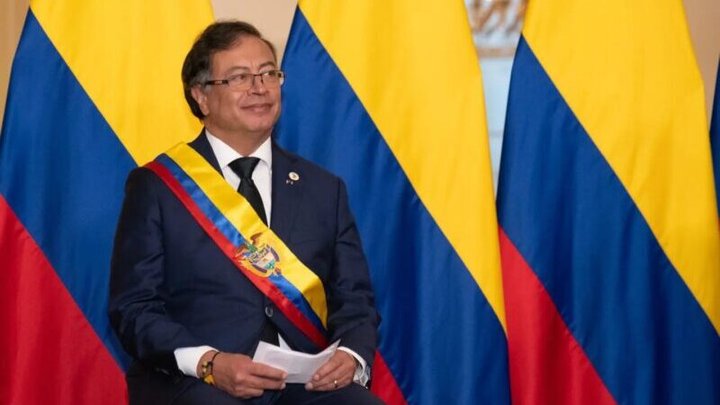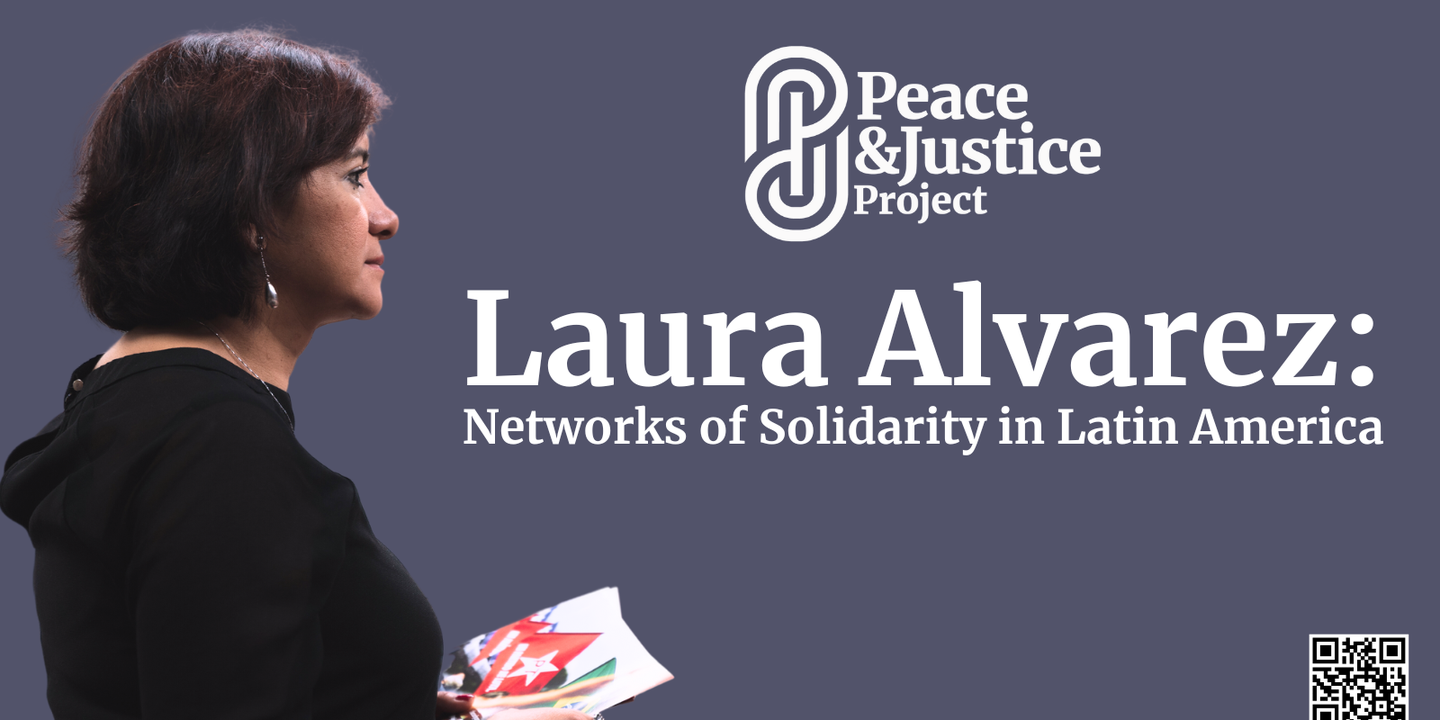As socialist activists in Labour International and members of other groups working together in LILA know only too well, the challenges we face in building a world of equality, peace and justice are significant.
We know that around the world it has always been a struggle to ensure that socialist policies and genuine visions for progressive change are on offer in electoral politics – even from parties founded expressly with those aims. In the UK today, the possibility of real choice and real change via the ballot box looks very far away to those of us who have spent so many years working and campaigning for a better tomorrow.
The biggest and most effective lie we are sold is that politics is only for politicians. But politics doesn’t happen only in Houses of Parliament or Congress; politics happens around us every single day in our workplaces, neighbourhoods, schools, streets and homes. We see politics in the ever-longer queues outside a foodbank and in the drawn face of a mother as she waits.
We see it in patients in corridors in our hospitals and the exhausted staff caring for them. We see it in the slumped shoulders of precarious workers packed into unaffordable expensive public transport. We see it in the ever-poorer mental health of young people who are facing an uncertain and deeply unequal future. And we see it in newspaper headlines demonising one group of poor people to other poor people, as though the most any of us deserve is someone else to hate. These are all the results of political choices; deeply undemocratic ones, made by the few and bringing misery to the many.
No campaigner would disagree with the idea that it is important to work with a broad group of allies, and to seek to strengthen networks both close to home and further away. Solidarity, comradeship, sharing expertise and talents, learning from others’ experiences; these are all the tools that are essential when we as socialists confront forces that are infinitely richer, more ruthless and more embedded in structures of power than we are. But in seeking to build networks, we must always be sure we are building them with others who share the same values and principles.
How can networks of solidarity succeed? Let me share some lessons from Latin America.
I saw it in my own country of Mexico, where the progressive mayor of Mexico City, Andrés Manuel López Obrador, became president in 2018 after two bitter defeats in 2006 and 2012, in elections where ballot-rigging by the establishment was widely suspected. Activists saw then that a new strategy was essential. AMLO won the 2018 election with the support of hundreds of thousands of activists in a new broad grassroots movement (and later political party) MORENA. Together, they took the campaign to every village, every town and city, and by focusing not on where the seats of power were, but on where the people were.
MORENA defended the democratic process by demanding true democracy. Educated by the experience of two previous defeats, people learned how to organise, observe and closely scrutinise the voting process. With the help of international networks and allies, including trade unions in the UK, election observers ensured that this time, the vote was not stolen or manipulated, in a country that had not seen a progressive, truly representative government since the 1930s. AMLO’s victory was a demonstration of politics done differently, inclusively, and with determination and hope.

I saw it in Chile, where the battle for justice and democracy took nearly 50 years. Even when the murderous dictatorship installed by a CIA-inspired coup gave way to “normal” electoral politics, it remained a deeply unequal country and an authoritarian state willing to silence anyone daring to challenge it.
In 2011, an unexpectedly widespread student movement was thwarted in its attempts to bring change to Chile’s neoliberal education system; in 2018, many of the young people inspired by the 2011 protests joined forces with workers in protests against rises in transportation costs, in a mass movement that grew in strength and number and determination despite extreme state repression. One of those young people was Gabriel Boric. In 2021, the force of a country-wide alliance of diverse communities, activists and political parties made possible a landmark election victory for change, with Boric leading a coalition government.

I saw it in Colombia when I was part of the international delegation observing the national elections in 2022. In a country officially “at peace” since the peace process of 2012-2016, inequality, racism and repression remained facts of life for many communities. The electoral victory for Bogota mayor Gustavo Petro and his grassroots-inspired Humane Colombia party, four years after his defeat in a 2018 election marked by widespread irregularities, was significant.
But even more significant was the fact that his running mate was Francia Márquez, a progressive, inspiring environmental and human rights activist and lawyer – and the first Afro-Colombian woman elected to such a high office. She was elected not because of her background, not because of her colour or her sex, but because of her policies, activism and longstanding solidarity with communities including Indigenous, peasant, landless, urban and rural poor in Colombia. This was not just politics of representation, but politics of inclusion, empowerment and transformation.

I saw it in Brazil, where in 2022 Luis Inacio Lula da Silva became president for the second time. His successful campaign was remarkable for the way that he mobilised and inspired a broad, diverse group of communities, including the millions living in urban favelas, the rural poor and Indigenous people, and trade unions, enabling him to challenge the hostile media and corporate interests that supported far-right demagogue Jair Bolsonaro. Lula’s victory was even more remarkable because from 2018 to 2019, he had spent 580 days in prison, the victim of a devastating campaign of lawfare. The charges against him were later annulled by the Supreme Court.
What did the victory mean? It was a resounding personal vindication for Lula. It also proved that the forces of power and wealth that had for so long determined political outcomes in Brazil could be challenged. It also means that the groundbreaking accomplishments of Lula’s previous presidency and his successor Dilma Rousseff, who was also a victim of lawfare, can be carried on, expanded – and, where they were removed under the far-right Bolsnaro, reinstated.
Lula’s policies achieved a bold reshaping of Brazil’s socioeconomic landscape by creating transformative social welfare programmes, and tackling poverty, inequality, unemployment and illiteracy. Policies such as these saw Brazil finally leave the United Nations’ Hunger Map, where it had long featured despite being the world’s third-largest food producer. And upon his re-election, at the end of a long campaign driven by hope and determination, one of Lula’s first pledges of action was to feed the 33 million Brazilians living in hunger.
Latin America’s “pink tide” of progressive governments is not just inspiring news for anyone working for a fairer world. It is also a series of victories that we must learn from, because it has important lessons for the UK. Any vision for change that does not focus on building and strengthening alliances among everyone genuinely working for a fairer, more inclusive, kinder and more just society, both inside and outside electoral politics, is doomed to fail again and again and again. There are indeed many ways and places to work for socialism and justice, and we all have a world to win by doing it.
Laura Alvarez
